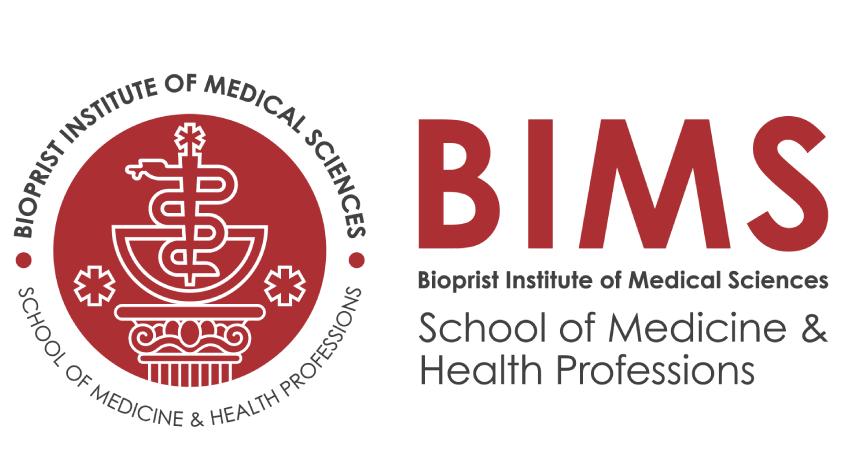Mental Illness Awareness Week, observed in the first full week of October, plays a pivotal role in destigmatizing mental health conditions and raising public awareness about the prevalence and impact of mental illnesses. We look at the significance of this awareness week, provides statistics, and underscores the importance of addressing mental health issues.
1. Statistics
-
• According to the World Health Organization (WHO), more than 450 million people worldwide suffer from mental disorders.
• In the United States, the National Institute of Mental Health (NIMH) reports that one in five adults experiences a mental illness in any given year.
• Alarmingly, suicide remains a leading cause of death globally, with an estimated 800,000 people taking their own lives each year. The vast majority of suicide cases are linked to untreated or undertreated mental health conditions.
2. Understanding Mental Illness
Mental illnesses encompass a wide range of disorders, including depression, anxiety, schizophrenia, bipolar disorder, and eating disorders. These conditions affect individuals’ thoughts, emotions, behaviors, and overall well-being, often impairing their ability to function effectively in daily life.
3. Awareness and Advocacy
Mental Illness Awareness Week serves as a platform for several essential purposes:
-
• Education: It fosters a better understanding of mental health conditions, their causes, and available treatments.
• Support: It provides a supportive environment for individuals living with mental illnesses, emphasizing the importance of seeking help and support.
• Advocacy: It encourages advocacy efforts to promote mental health policy changes, reduce barriers to treatment, and increase funding for mental health services.
4. Reducing Stigma
One of the primary goals of Mental Illness Awareness Week is to challenge the pervasive stigma surrounding mental health. Stigma can prevent people from seeking help, lead to discrimination, and perpetuate misunderstanding. By openly discussing mental health issues, we can normalize conversations and help those in need feel less isolated and judged.
5. Access to Treatment
Promoting awareness also highlights the importance of access to mental health care. Many individuals still face barriers to treatment, including lack of insurance, limited access to mental health professionals, and societal discrimination. Addressing these issues is crucial to improving the well-being of millions of people.
Mental Illness Awareness Week is a critical annual event that shines a spotlight on mental health issues, challenges stigma, and advocates for those affected by mental illnesses. By embracing open conversations, educating ourselves and others, and advocating for improved mental health care, we can work towards a society where mental health is treated with the same importance as physical health. Together, we can break the silence and end the stigma surrounding mental illness, ensuring that everyone has the opportunity to live a mentally healthy life.


